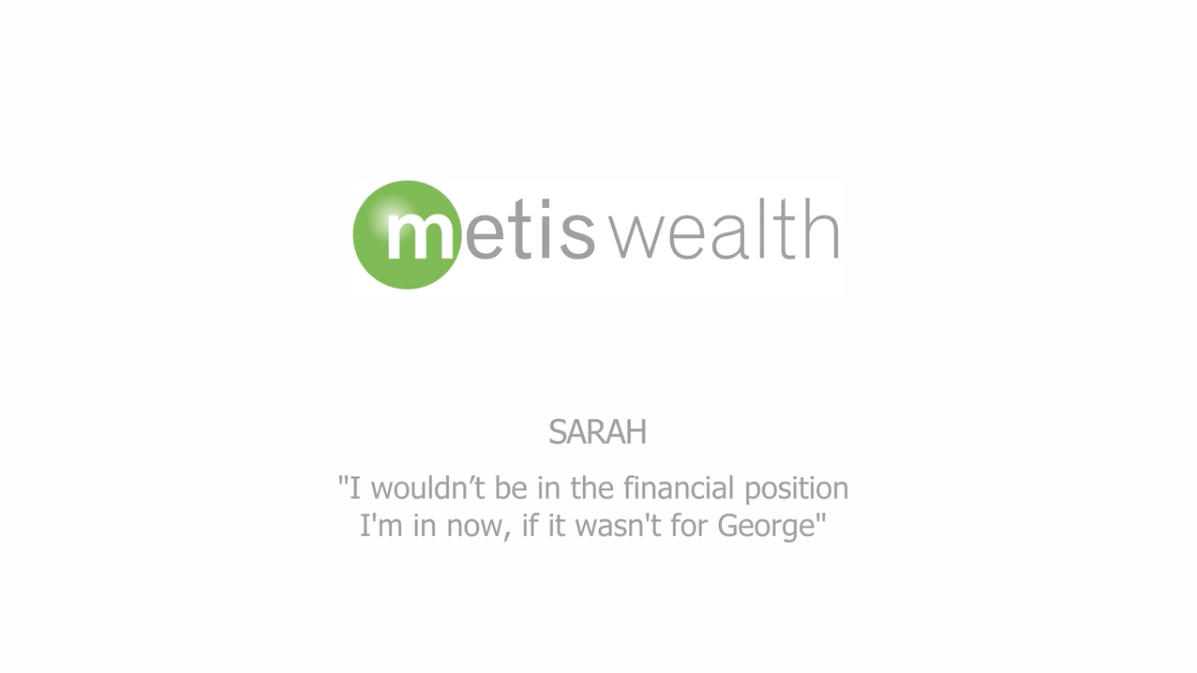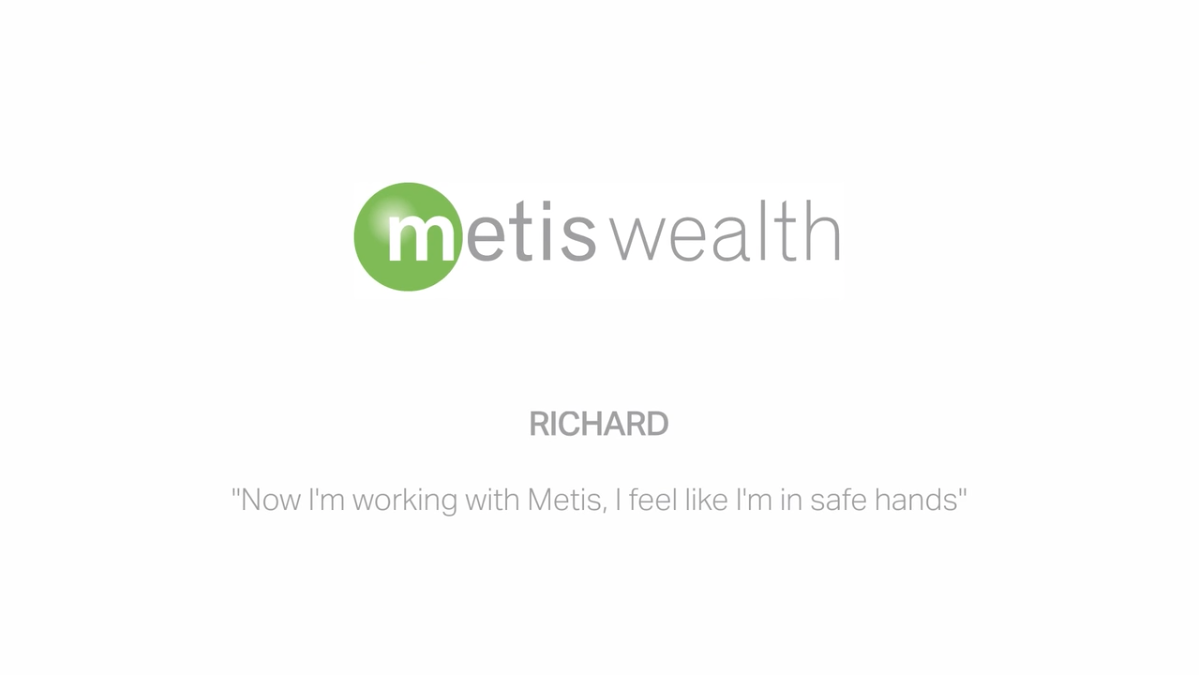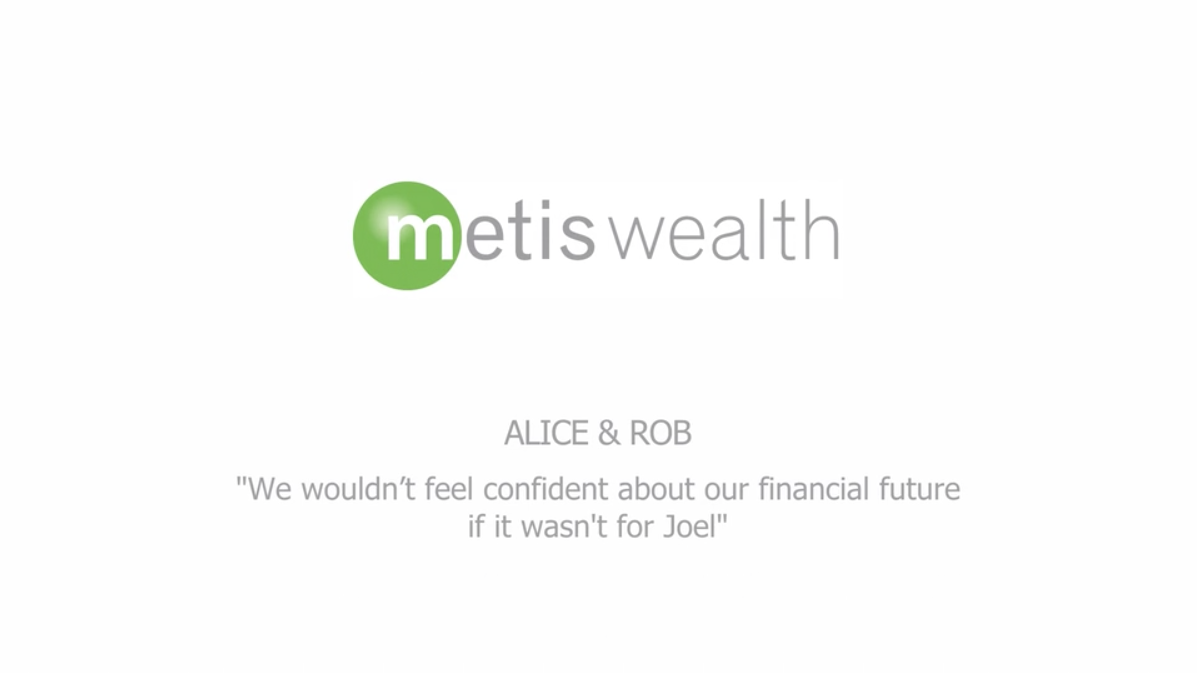Nearing retirement
Planning for the next stage in life can feel daunting at times, regardless of whether it’s a few years away or right around the corner. We help people gain confidence in their financial future and plan for the retirement they dream of.
Financial security for your future
Approaching retirement can bring with it many questions. You may wonder at what age you can afford to retire or what life will look like after the big transition from full-time work. Whatever your concerns, we’re here to help put your mind at ease and plan for the retirement you want.
Our process always begins with you and what you’d like to achieve. Do you dream of retiring early and setting out on the trip of a lifetime? Maybe you’d prefer a phased approach to retirement, or to start a new business venture yourself? Whatever your goals, we’ll build a plan around them, allowing us to organise your finances in a way that supports your ambitions.
Whether the next stage is imminent or it’s still a distant dream, we want to help you feel in control of your retirement plans and set you on the path to achieving them all. So let’s get started.
Identify your goals
Together we’ll look at what you want to achieve in your post-work years. Once we know this, we can explore how best to structure your finances to achieve your goals.
Cashflow planning
Our advanced cashflow modelling technology allows us to forecast your future finances and answer some of your "what-if" questions, helping you to make more informed choices.
Tax-efficient solutions
We can structure your finances in a way that ensures you’re making the most of any available allowances in your pension and other savings or investment vehicles.
Retirement Planning
Planning for retirement is an area of financial planning which requires a great deal of attention. By creating a clear plan, taking into account your current circumstances and the lifestyle you hope to live during retirement, our advisers can establish whether you are on course to meet your retirement goals, and provide the guidance you require to achieve these.
There have been a number of changes to pension legislation in recent years relating to how pensions are funded in the lead up to retirement, and greater flexibility in how benefits are taken during retirement.
The number of options available mean it is more important than ever to ensure that you receive suitable and appropriate advice if you are to meet your retirement goals.
Metis Wealth hold the required permissions to provide advice on all personal and occupational pensions, including advice relating to the transfer of Defined Benefit (Final Salary) pensions as outlined below.
The Pension Transfer Gold Standard
In December 2019 Metis Wealth were very proud to be recognised as a firm that has met the criteria to achieve the Pension Transfer Gold Standard, which was developed by the Personal Finance Society (PFS).
What is The Pension Transfer Gold Standard?
The Pensions Advice Taskforce has established a voluntary code of good conduct for Safeguarded and Defined Benefit (also known as Final Salary) Pension Transfer advice – the Pension Transfer Gold Standard.
Firms are required to adopt and adhere to a series of principles, so consumers can better understand and find good advice. As a result, you can be confident you are dealing with a firm that has client’s best interests at heart when receiving financial advice in relation to whether you should transfer your pension.
A consumer guide to the Pension Transfer Gold Standard, which outlines the principals that need to be adhered to, can be read by clicking here.
The Financial Conduct Authority have also produced a 17-minute video which aims to help consumers gain a clearer understanding of financial advice and transferring out of a defined benefit pension. This can be viewed by clicking here.
What is the Pensions Advice Taskforce (PAT)?
The Pensions Advice Taskforce is an industry-wide representative body whose ultimate purpose is to raise advice standards and enhance consumer protection in complex areas of pension advice. Its initial focus has been on Safeguarded and Defined Benefit Pension Transfers.
Do I need to take professional advice?
In 2015 The Government introduced the concept of ‘safeguarded benefits’, which effectively refers to pensions which benefit from some form of guarantee. An individual with safeguarded benefits worth more than £30,000 must take financial advice before they can convert, transfer or take them as a cash lump sum.
This measure was introduced primarily to protect consumers and seek to ensure they are fully aware of the implications of giving up the valuable benefits that this type of pension scheme can offer.
Should I transfer my safeguarded pension benefits?
There are many things that need to be considered before arriving at an answer to this question; however, we feel a great starting point for most clients is a short video produced by Money Alive. This explains the two main types of pension scheme in the UK (defined benefit or final salary and defined contribution or money purchase) and sets out some of the things that should be considered before deciding whether to transfer. You can watch the video by clicking here.
As the video highlights, for most people it will not be in their best interest to transfer safeguarded benefits. Some of the reasons for this include:
- Certainty – defined benefit schemes will pay your pension until the day you die so you know your pension won’t run out.
- Inflation – most schemes include some inflation protection so your pension income should increase over the years.
- Investment risk – all investment risk is borne by the pension scheme and your pension income should be paid regardless of what happens to investment markets.
- Provision for survivors – most defined benefit schemes will provide a pension to a surviving widow or widower and many will offer benefits to dependent children.
- Taxation – for those with larger pensions that might be impacted by the Lifetime Allowance, the tax treatment of a defined benefit scheme might be more favourable than a defined contribution (personal pension) scheme.
However, there are also several reasons why it might make sense to at least consider the option of a transfer. These include:
- Flexibility – the income offered by defined benefit schemes is usually rigid and inflexible. It will typically be a specific level of income (paid monthly) with no ability to vary this. Defined contribution schemes can therefore offer much more flexibility.
- Potential for access to more tax-free cash – if tax-free cash is an important consideration, because of the way this is calculated within most defined benefit schemes, transferring to a defined contribution scheme can often mean additional tax-free cash can be withdrawn.
- Inheritance – this is a complex area, however, who you leave behind and how you want to support them financially can play a big role in whether it makes sense to stay in a defined benefit scheme.
- Health – one of the advantages of a defined benefit pension is that it lasts as long as you do (you get more value from it the longer you live). Therefore, those with below average life expectancy may want to consider the option of a transfer.
- Concerns about the solvency of the sponsoring employer – if the employer that sponsors your defined benefit scheme becomes insolvent, there is a chance that you might not get all of the pension you were expecting.
The Metis Wealth Process
The typical journey for a Metis Wealth client considering such a transfer, which can be stopped at any time, would include:
1. Initial consultation (always at our cost) – does it make sense to explore a transfer in your specific circumstances?
2. A full review of the existing pension scheme (s) – what exactly would you be giving up by transferring?
3. Potential recommendation – following step 2, we may provide a recommendation to retain the existing scheme benefits if it was clear that this course of action would be most beneficial.
4. Further scheme analysis and personalised cash flow plan – following step 2, we may agree that it is prudent to explore the transfer in more detail and consider how this might impact on longer-term income requirements.
5. Recommendation – a formal recommendation to either retain or transfer the existing scheme (s).
6. Implementation – if a recommendation to transfer is made, we will fully assist clients with the transfer process. As a fully independent firm, when it comes to deciding on an investment approach, we generally have access to solutions that meet all client needs.
Fees
In line with our obligations under the Pension Transfer Gold Standard, rather than our advice fees being contingent on a transfer taking place, we charge a pre-agreed, fixed fee for each stage of the initial advice process, irrespective of the transfer value. This ensures we are remunerated for any work we undertake as opposed to only being remunerated if a transfer takes place.
Charging in this manner removes any potential bias and therefore enables us to remain fully impartial when it comes to the advice we give. We feel this leads to the best possible client outcomes.
Any fees are communicated to clients prior to us undertaking any chargeable work.
Summary
In summary, pension transfers can be a complicated matter and there are lots of things to consider before undertaking a transfer. Such transfers are generally irrevocable and for many people it will be one of the biggest financial decisions they ever make. Obtaining professional advice is therefore paramount and, in our view, using a firm that adopts the Pension Transfer Gold Standard should be a prerequisite.
By working with a firm such as Metis Wealth, that has voluntarily committed to the Pension Transfer Gold Standard, you can be confident that you will receive the best possible advice, service and support when considering a transfer. If you wish to know more about the Pension Transfer Gold Standard and how it relates to our practices, services and experiences, please do not hesitate to contact us.
The tax treatment is dependent on individual circumstances and may be subject to change in future.
A pension is a long-term investment. The fund value may fluctuate and can go down. Your eventual income may depend upon the size of the fund at retirement, future interest rates and tax legislation.






